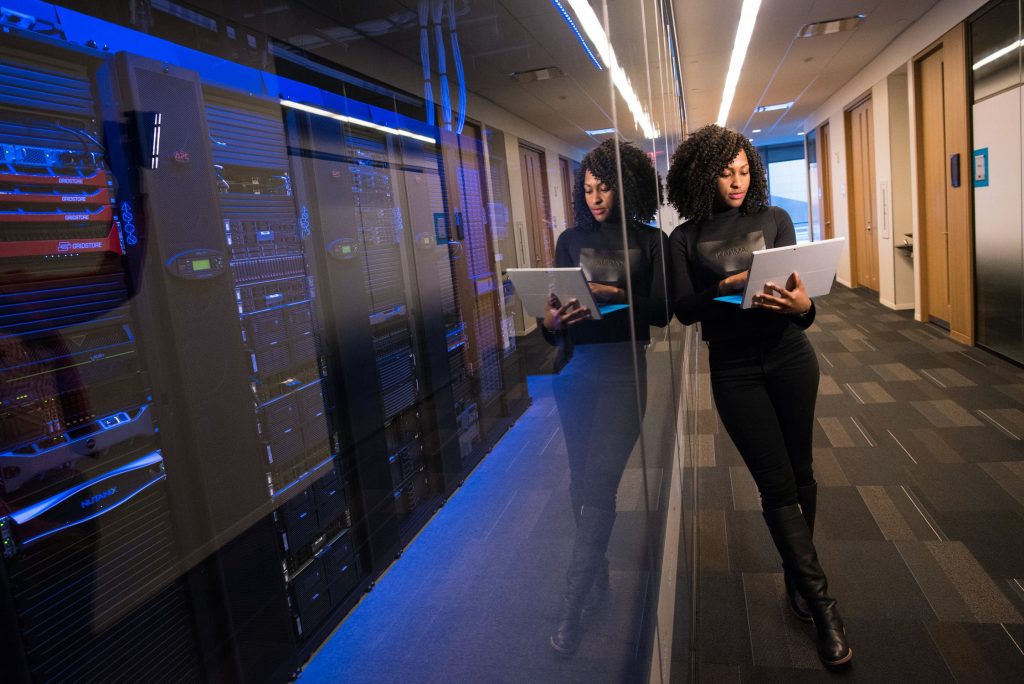‘80% of brands who used these 3 tips experienced increased sales.’
Did that statement convince you to read on? Well, if it did, it’s probably because it made use of statistics to capture your attention. This is a testament to the persuasive power of data and facts.
Data is powerful, and when combined with storytelling it can strengthen your campaign narrative, connect you with your audience, and shape their overall perception of your brand. As Stanford University Professor of Marketing Jennifer Aaker once said, “When data and stories are used together, they resonate with audiences on both an intellectual and emotional level.”

The hospitality industry
Brand storytelling is crucial when it comes to marketing hotels – crafting stories helps people understand that hotels are more than just a building with rooms and amenities. It helps you differentiate between The Plaza Hotel and Marina Bay Sands. But with COVID-19 disrupting the hospitality industry, guests’ behaviours and expectations have changed drastically in today’s post-pandemic world.
As such, data is now more crucial than ever in aiding the recovery process for this sector. With reduced activity, now is the best time to pause and reflect, listen to data insights, and make smart data-backed decisions.
Here’s how you can leverage data to build a killer campaign in 3 steps:

1. Data helps you identify and understand your audience
Are you a luxury hotel aiming to reach out to affluent guests? Or are you a heritage hotel with an interesting origin story? When you craft your brand narrative, you need to think about who your target audience is, what they think of you, and how your stories will impact them.
Make use of data to understand the demographics and psychographics of who you should be targeting. How to obtain such data, you ask? For one, hotels are increasingly making use of artificial intelligence and online chatbots with the intent of enhancing guests’ experience. Incidentally, this also allows you to gather data on guests.
Just take a look at Rose, a ‘digital concierge’ created by The Cosmopolitan of Las Vegas hotel to drive more direct bookings. Think about it, every time you interact with or ask an online chatbot a question, they are gathering data about your behaviours and thoughts. These insights can then be used to understand your target audience and who they are.

2. Data Informs your communication strategies
Once you’re equipped with information on your target audience, find out where and how best to communicate with them. What are the prevalent customer trends? What are the messages and channels that work best for your target audience?
Data then comes in handy here to influence the methods you use to communicate with your audience. If you’re looking for data on market trends, sites like Mintel provide updates and reports on the latest insights. For instance, according to a 2020 Mintel UK Hotels Market Report, there’s now a collective urge for indulgence and escapism spurred on by the pandemic. ‘74% of people who would consider staying in a hotel in the coming months agree that “Booking a luxury hotel to escape everything appeals to me”‘. With such data on consumer sentiments, you can determine the type of messages and stories to disseminate to your audience. Realize that more people are feeling trapped at home? Maybe steer your messages to appeal to the pent-up frustrations of employees who are itching to escape their work-from-home desks.

3. Data determines the tactics you adopt
Last but not least comes the execution. Once you have data and insights you can put your strategy into action. You could be publishing short-form videos on YouTube, placing adverts in print magazines, or even making videos on TikTok.
Well, for InterContinental Hotels (IHG), they realized that decreasing attention spans have caused consumer expectations to increase and decided to use guests’ booking data to deliver personalized offers to loyal customers via email marketing. This was distributed to 94 million members of the IHG Rewards Club. Their insights pushed them to deliver more personalized and relevant messages in order to capture consumers’ attention.
So with these steps in mind, when you’re launching your next campaign, have a thought about how you can leverage relevant data to provide impactful insights that will drive your brand’s story, resonate with your audience, and influence change!






